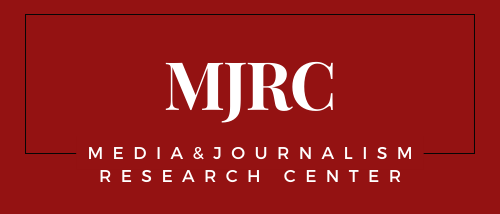Unpacking the Intersection of Media and Emerging Technologies
Web3, a software that uses blockchain technology, has the potential to revolutionize the media industry. It allows news publishers to enter a new era by providing new tech solutions. TIME Magazine has already launched the first decentralized magazine issue on the blockchain, using NFTs to facilitate content access and community building. Web3 offers various tools for news organizations, including crypto wallets, NFTs, DAOs (decentralized autonomous organizations), and proof of provenance. With Web3, users can have a user-centric experience and create their own online identity. This technology opens up new possibilities for journalism and how news is consumed.
The literature about Web3 and journalism is constantly growing, with research shedding light on how Web3 can change the media sector. The Journalism and Web3 Project at the MJRC is at the forefront of tracking these developments, aiming to understand the impact that Web3 is gradually having on media and journalism.
The project is a pioneering initiative that seeks to illuminate the evolving relationship between journalism and Web3 technologies. By mapping journalistic initiatives, Web3 solution providers, and media coverage, the project aims to understand how Web3 is reshaping the media landscape. This research can be relevant for media professionals, technologists, and policymakers navigating the complex interplay between technology and journalism in the digital age.
The Journalism and Web3 Project comprises three main components, each focusing on different aspects of the intersection between journalism and Web3 technologies.
Mapping journalistic initiatives embracing Web3 tools
The first component involves a comprehensive mapping exercise of journalistic initiatives adopting Web3-related tools. This part of the project focuses on measuring the impact of these initiatives on media outlets, with a particular emphasis on their financial implications.
- Objective: To assess how Web3 tools influence media outlets’ financial health and sustainability.
- Methodology: By evaluating various case studies and financial reports, the project aims to quantify the benefits and challenges media organisations face integrating Web3 technologies.
Mapping companies offering Web3 solutions to media
The project’s second component is dedicated to creating a map of companies that provide Web3-related solutions to media outlets. This involves a detailed analysis of their ownership structures and financial stability.
- Objective: To understand the corporate health of these companies and their connections with third parties, including media outlets.
- Methodology: By examining ownership details, financial records, and third-party affiliations, the project aims to uncover the broader ecosystem of Web3 solutions in the media industry.
Mapping media coverage related to Web3
The third component focuses on mapping the media coverage of Web3. This involves analyzing how media outlets report on Web3 technologies and their implications.
- Objective: To understand the media’s perspective on Web3 and the new solutions offered by these technologies.
- Methodology: Through content analysis of media reports, the project seeks to identify trends, biases, and the overall narrative surrounding Web3 in the media landscape.
Through these components, the Journalism and Web3 Project aims to analyze the intricate and growing relationship between journalism and Web3 technologies. The ultimate goal is understanding how these new technological developments impact independent media.
- Web3 and media independence: One of the critical areas of interest is how Web3 can support or undermine independent media. Web3 technologies, such as blockchain, decentralized networks, and cryptocurrencies, have the potential to democratize media funding and distribution. However, they also pose new challenges in terms of regulation, transparency, and control.
- Financial implications: By mapping financial impacts, the project aims to provide insights into how media outlets can sustainably adopt Web3 solutions without compromising their independence or quality of journalism.
- Corporate health: Understanding the financial stability and ownership structures of Web3 solution providers helps assess the long-term viability and trustworthiness of these technologies in the media sector.
- Media narratives: Analyzing media coverage of Web3 helps identify how these technologies are perceived and reported by journalists, which in turn influences public perception and adoption.
For more information about the Journalism and Web3 Project, write to us at mjrc@journalismresearch.org.
Researchers
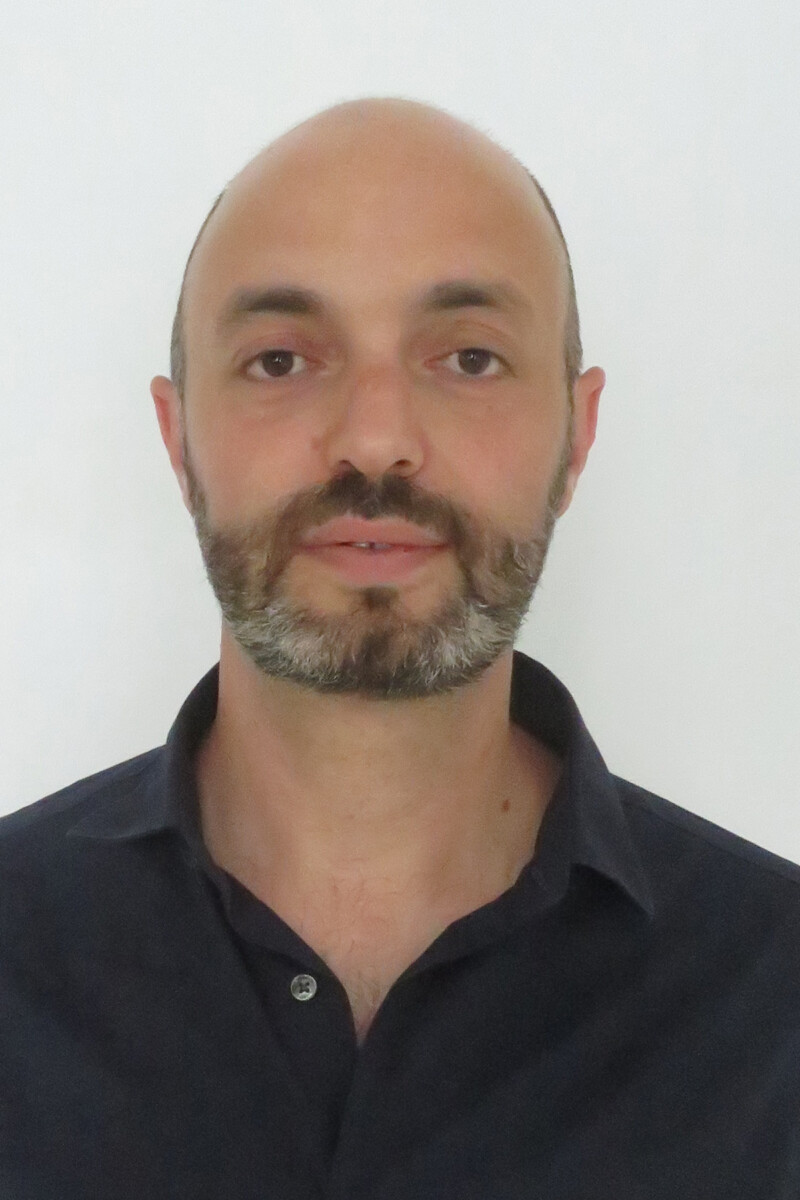
Alessandro D’Arma
Alessandro D’Arma is Reader in the School of Media and Communication at the University of Westminster in London and Director of its CAMRI PhD Programme. He is the Co-President of the International Association of Public Media Researchers. Alessandro’s research interests revolve around communications policy and the political economy of media industries in the context of the development of a platform economy, with a particular focus on issues around the sustainability of public service media.
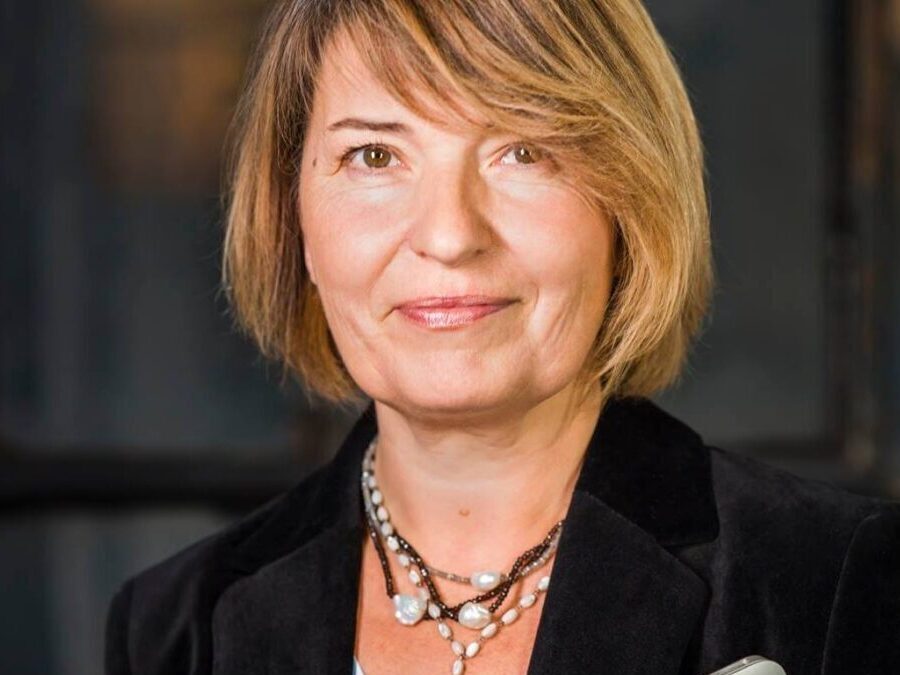
Minna Aslama Horowitz
Minna Aslama Horowitz is a Docent at the University of Helsinki, a researcher at the Nordic Observatory for Digital Media and Information Disorder (NORDIS), and a Fellow at St. John’s University, New York. She is also a member of the Think Tank of the Nordic Council of Ministers to address platformization in the Nordics. She holds a Ph.D. from the University of Helsinki and has taken part in several international research activities in the past decade.
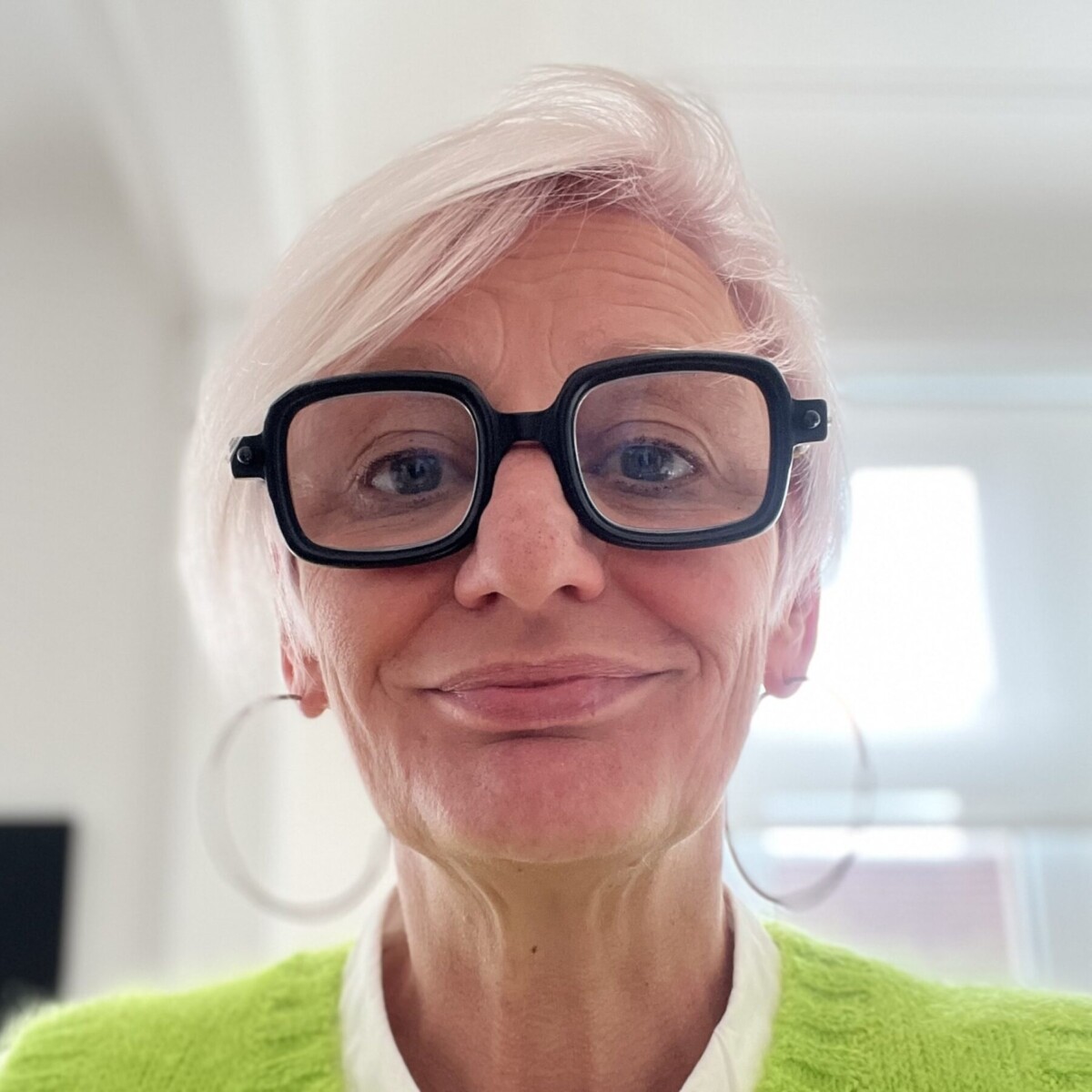
Hilde Van den Bulck
Hilde Van den Bulck is a Professor of Communication Studies and Head of the Department of Communication at Drexel University (USA). She combines expertise in media structures, processes and policy, especially the impact of digitization on legacy media and on public service media, with expertise in media cultures. For many years was vice-chair of the Flemish Media Council that provides media policy advice to the Flemish government. She holds a Ph.D. from the KULeuven (B).
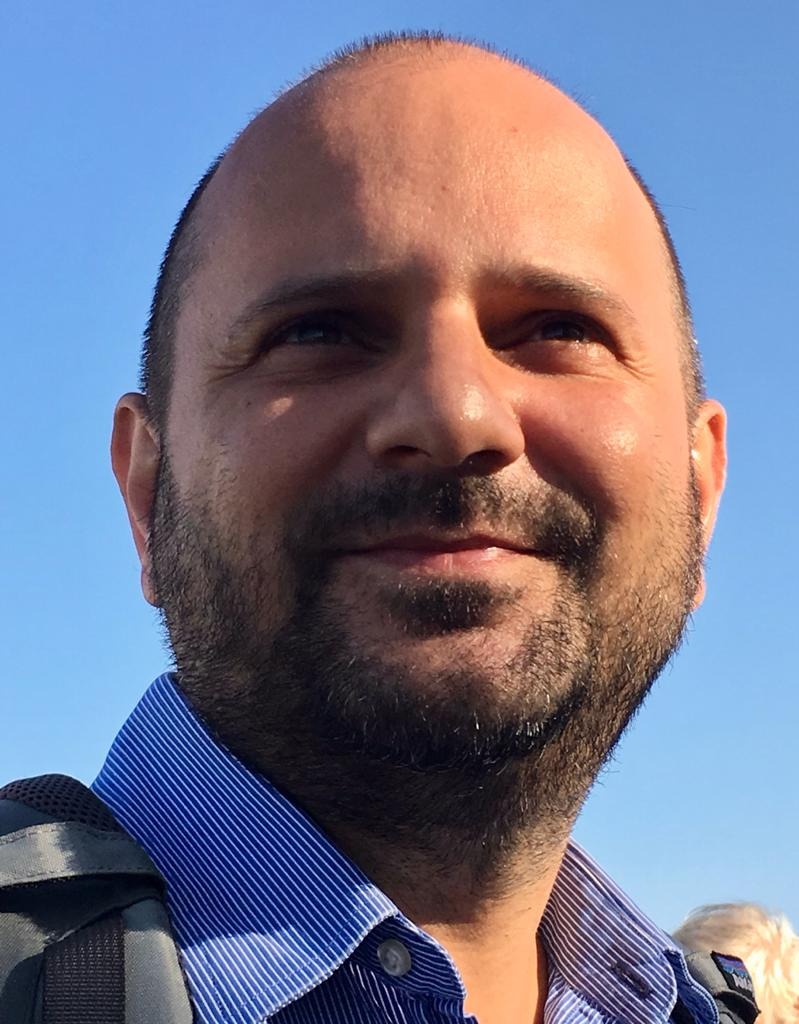
Marius Dragomir
Marius Dragomir is the Founding Director of the Media and Journalism Research Center, which continues the work of the Center for Media, Data and Society (CMDS). Marius led CMDS etween 2016 and 2022. He previously worked for the Open Society Foundations (OSF) for over a decade where he managed the research and policy portfolio of the Program on Independent Journalism (PIJ), formerly the Network Media Program (NMP), in London.
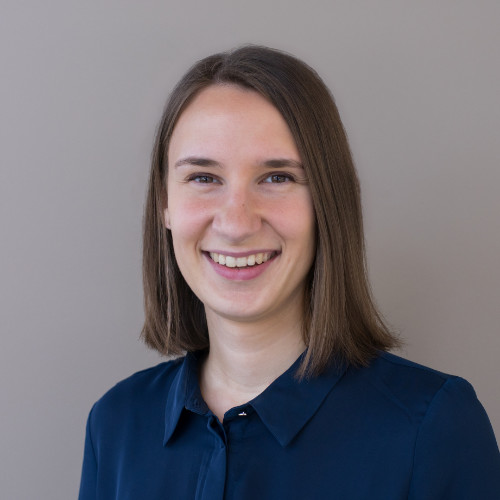
Katja Lefheit
Katja Leifheit is a research assistant and Ph.D. candidate at Stuttgart Media University. The main focus of her dissertation is the impact of generative artificial intelligence on the media industry. She holds a B.Eng. in Media Technology and a M.A. in Media Management from Stuttgart Media University. Furthermore, Katja has a great understanding of diversity management in media due to her time working as a Diversity Manager for a German public broadcaster.
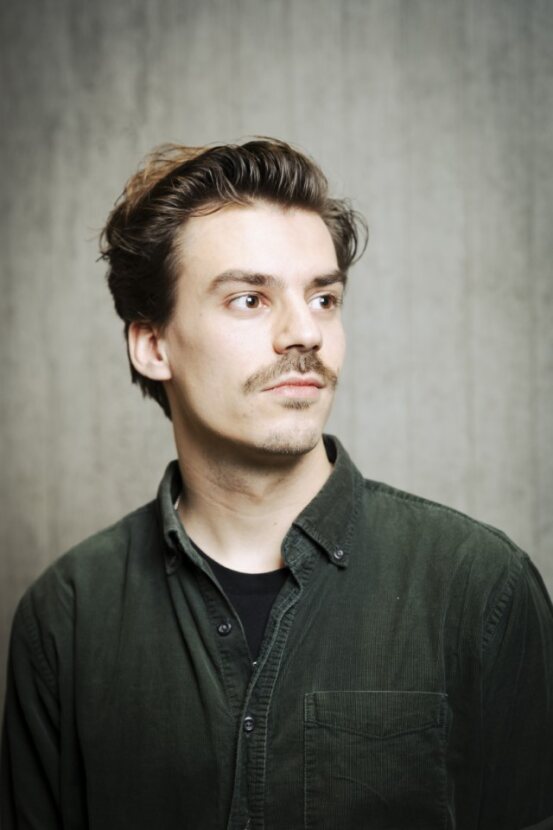
Tim Outshoorn
Tim Outshoorn is a philosopher and researcher at the Fontys School for Journalism in Tilburg (the Netherlands). He has written on topics such as queer chosen families and equality in the courtroom.
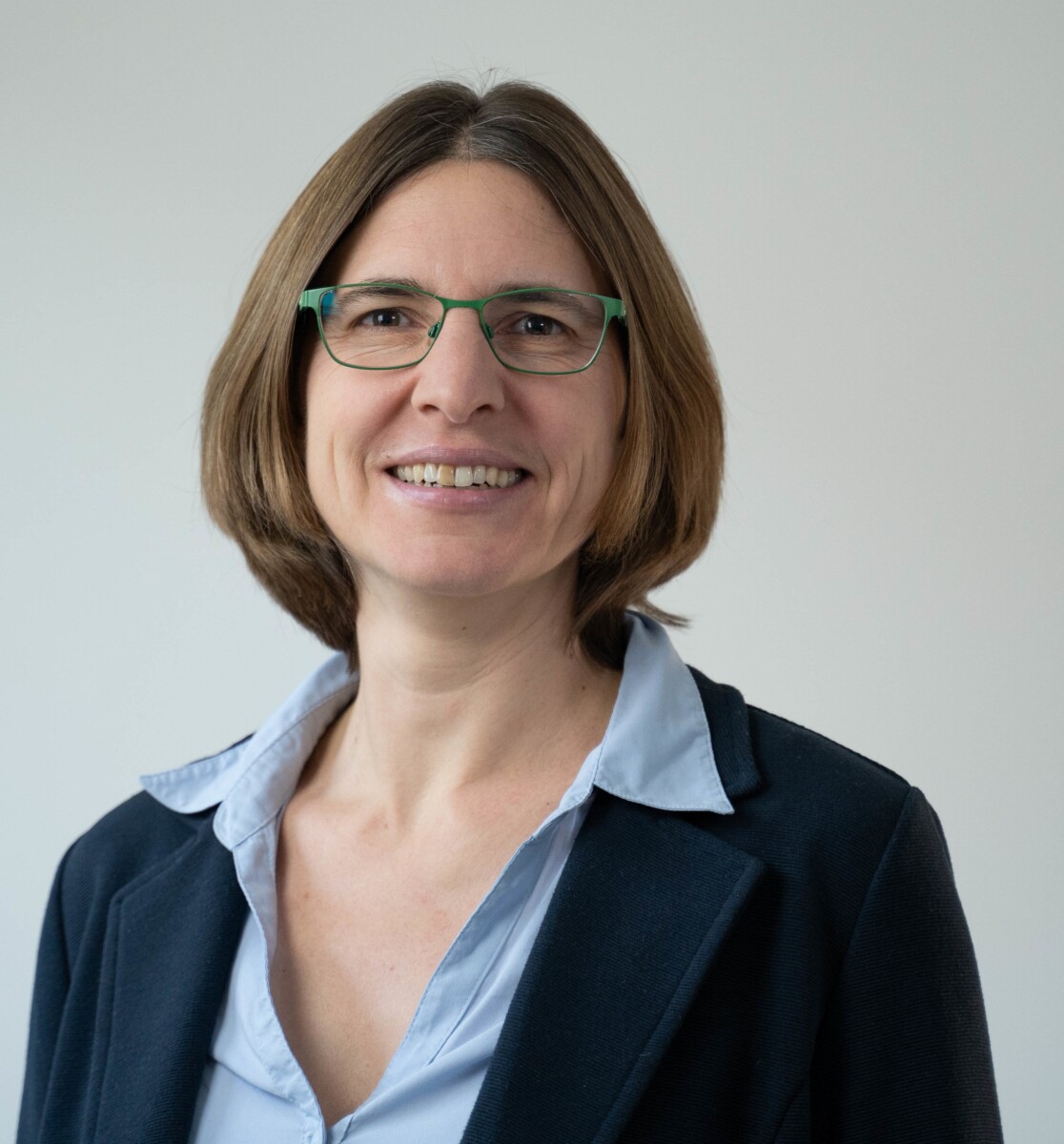
Judith Pies
Judith Pies holds a PhD in communication science from the University of Erfurt. She has been working as a professor for digital and international journalism at the Hochschule der Medien Stuttgart, the University of Dortmund and the Bundeswehr University Munich since 2015. She has long-standing experience in academic research, teaching, journalism and management of international media projects. In 2018, she has founded the organization Media | Competence | International, which offers international media consultancy and training in media literacy.
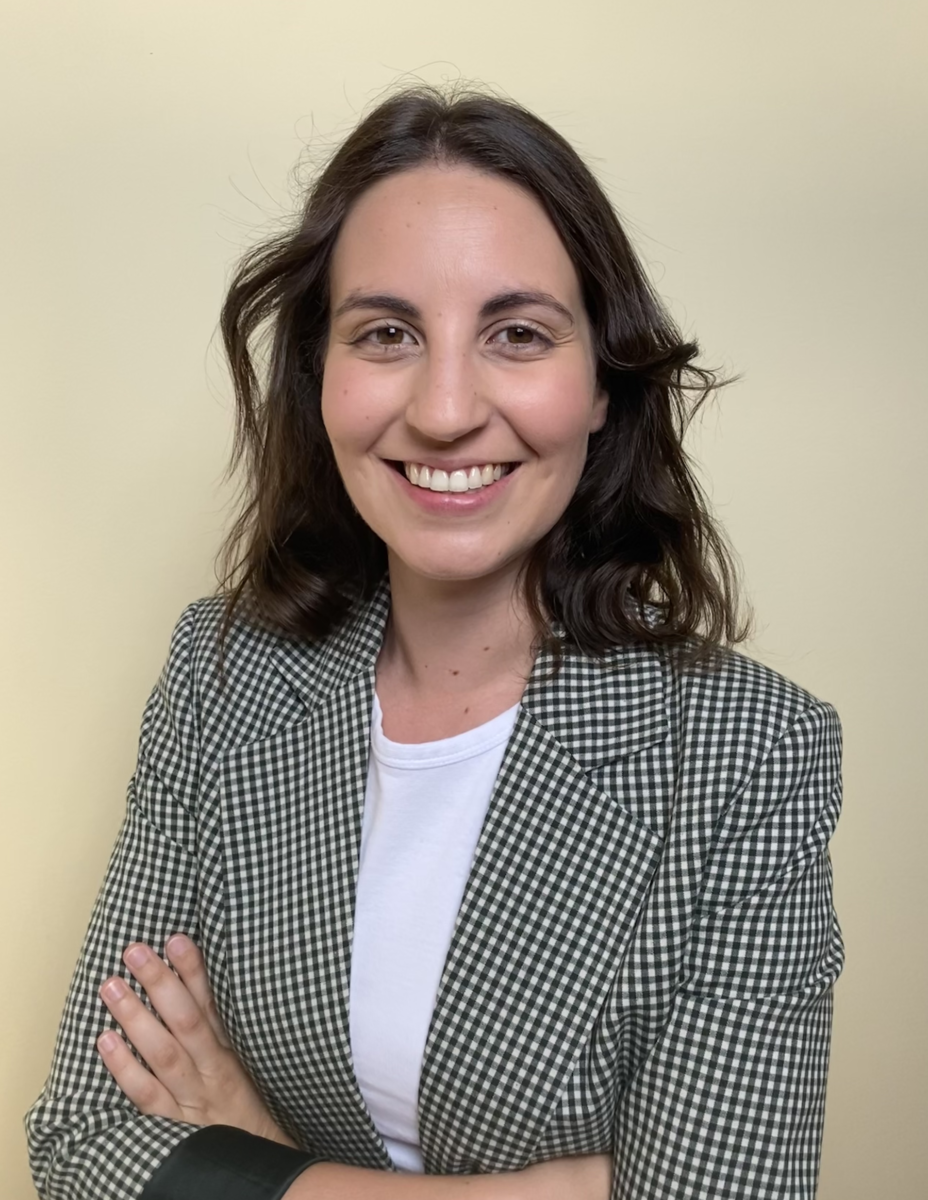
Marta Rodríguez-Castro
Marta Rodríguez-Castro is Assistant Professor at the Department of Communication Sciences of the Universidade de Santiago de Compostela (USC) in Spain. Her main research lines include public service media and media policy. She was visiting fellow at the Center for Media, Data and Society in Budapest and in the Leibniz Institute for Media Research | Hans-Bredow-Institute (Hamburg, Germany). She is part of the leadership team of the International Association of Public Media Researchers (IAPMR).
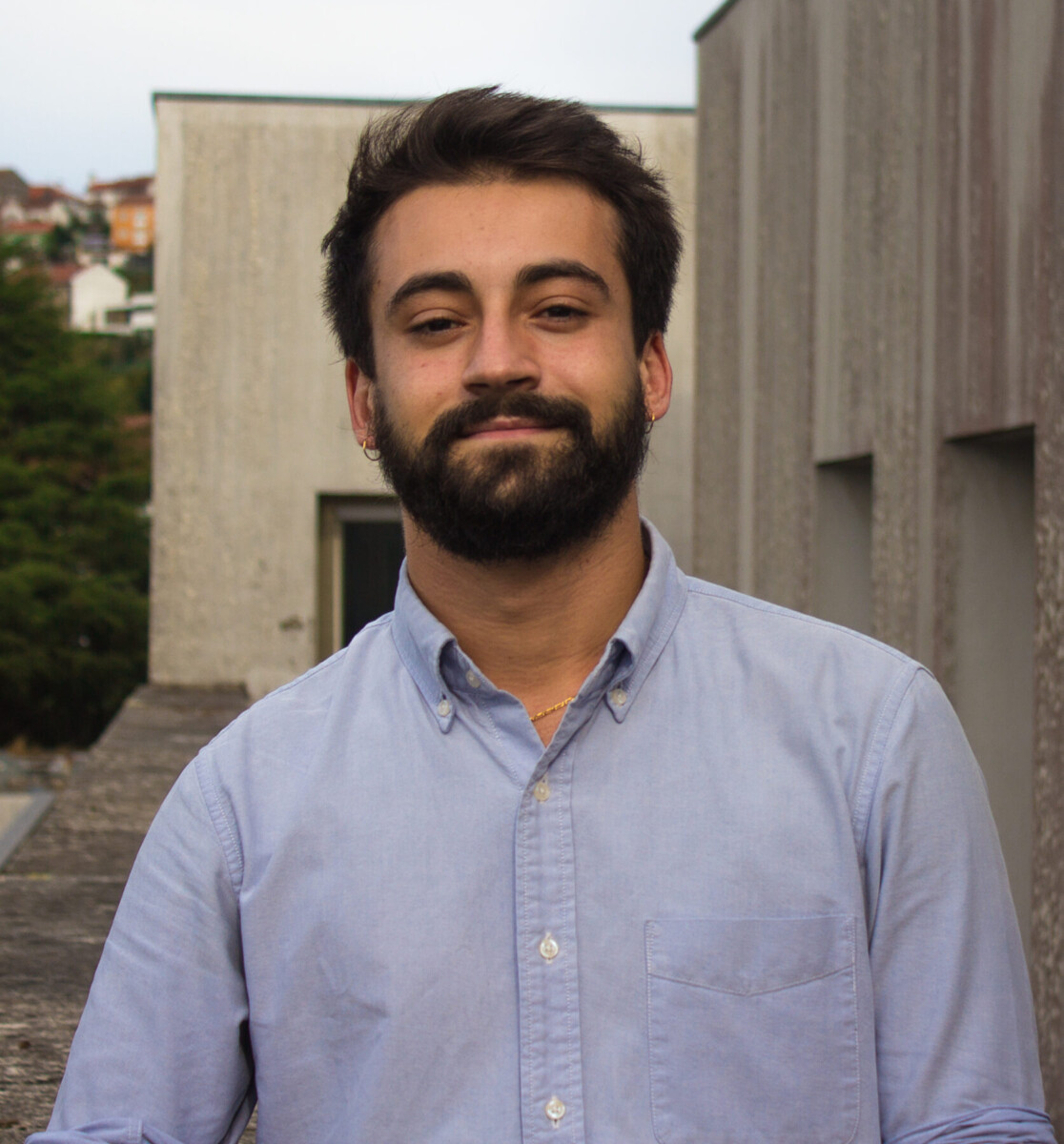
Martín Vaz-Álvarez
Martín Vaz-Álvarez has a PhD in Contemporary Communication and Information from the University of Santiago de Compostela. He is a member of the Novos Medios Research group, where he works on technology and journalistic values, co-creation and innovation in Public Service Media. He is also deputy director for innovation at the RTVE-USC chair.
Invest in independent media research and join a community of practice.
Your contribution supports MJRC’s investigations and global analysis. As a supporter, you can receive early access to new findings, invitations to small-group briefings, inclusion in our Supporters Circle updates, and the option to be listed on our Supporters Page.
Contribute to MJRC